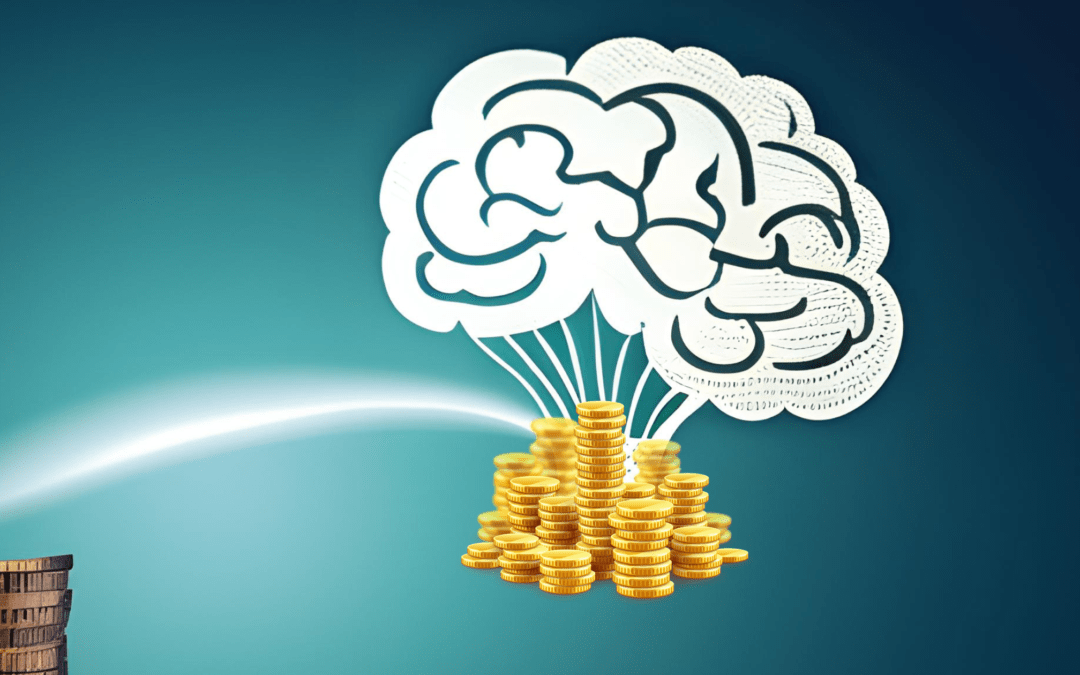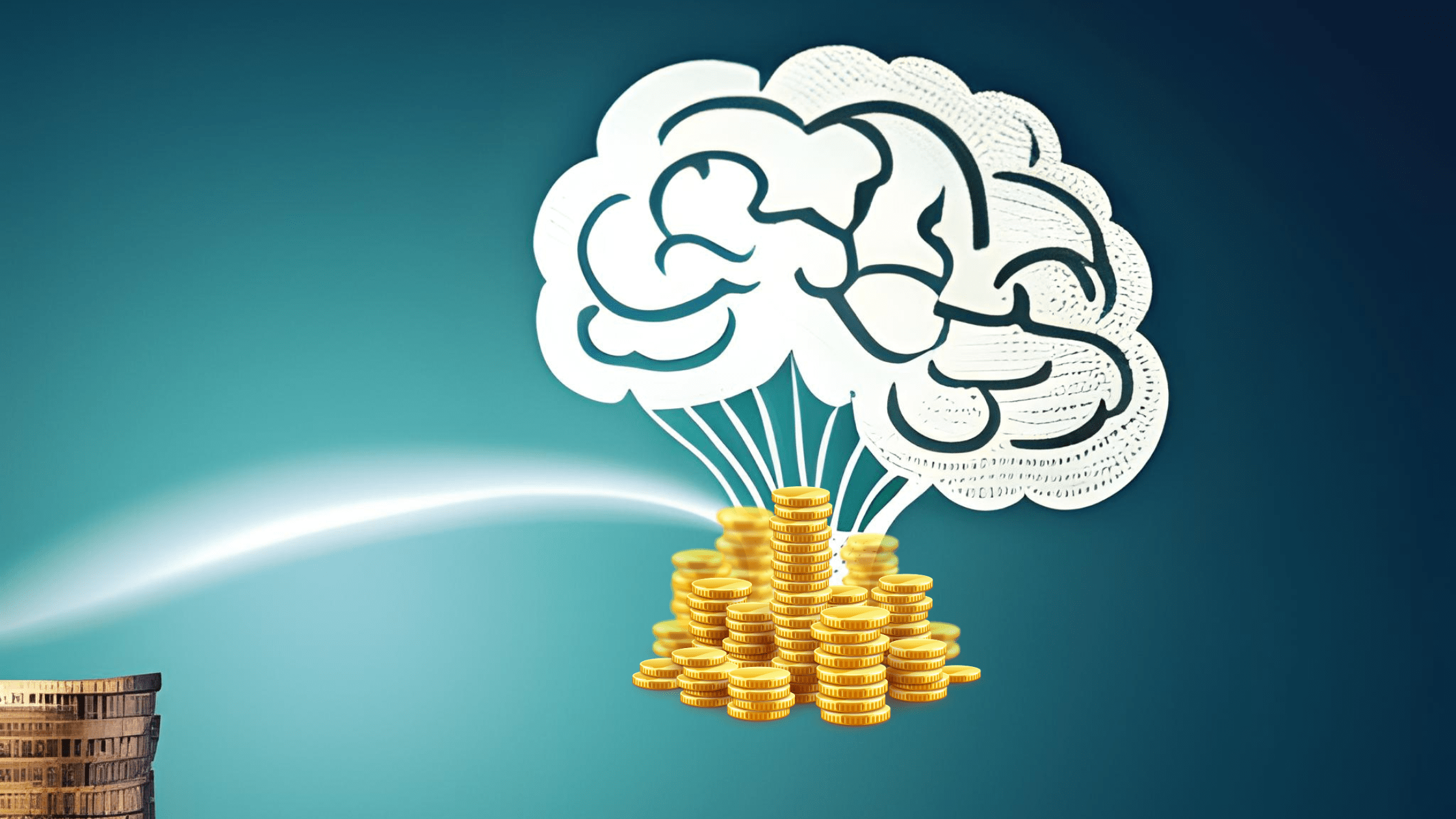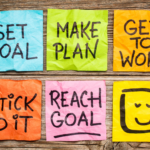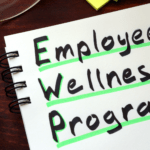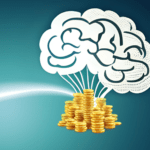
How Mindfulness Works to Transforming Your Life
The Mindfulness Revolution: Illuminating the Path in Transforming Your Life
Mindfulness works by growing a present moment understanding as well as non-judgmental acceptance towards our thoughts, feelings, and sensations. It includes purposefully concentrating our interest on the here and now minute, without getting caught up in thoughts about the past or stress over the future.
By exercising mindfulness regularly, we can develop a higher understanding of our own thought patterns, emotions, and also responses. This self-awareness permits us to reply to day-to-day obstacles with even more clarity, wisdom, and empathy. Mindfulness helps to develop a mental space where we can observe our ideas and also feelings without being fully related to them.

Furthermore, mindfulness can assist to reduce tension, anxiousness, and also anxiety by promoting a sense of calmness and also leisure. It can boost our general well-being, as it urges us to fully involve as well as value each moment in our day-to-day lives. By being a lot more present as well as mindful, we can experience enhanced joy, enhanced connections, as well as a better sense of fulfillment.
In today’s hectic as well as disorderly world, discovering internal peace as well as living a satisfying life can typically feel like an elusive objective. Nevertheless, the practice of mindfulness provides a powerful device for change. By cultivating mindfulness, we can create a much deeper connection with the here and now minute, lower tension, improve self-awareness, as well as make mindful options that result in favorable modification. In this article, we will certainly discover just how mindfulness functions as well as its extensive influence on changing various aspects of our lives.
Another way mindfulness works is by cultivating a greater sense of gratitude and appreciation for the present moment. By practicing mindfulness, you develop the ability to fully engage in and savor the simple joys and experiences of everyday life. This shift in perspective can lead to a greater sense of contentment and happiness.
Here are some key features and details of mindfulness:
1. Mindfulness involves focusing your attention on the present moment, without judgment or attachment.
2. It can be practiced through various techniques such as meditation, breathing exercises, and mindful movement.
3. Regular mindfulness practice can improve mental health, reduce stress levels, and enhance overall well-being.
4. Mindfulness increases self-awareness and helps break free from negative thought patterns and limiting beliefs.
5. It cultivates a greater sense of gratitude and appreciation for the present moment, leading to increased contentment and happiness.
It’s important to note that mindfulness is a skill that requires regular practice and commitment. Just like any other skill, it takes time and effort to develop. However, even starting with a few minutes of mindfulness practice each day can make a significant difference in your life.
Different Mindfulness Techniques and Exercises
1. Body Scan
This technique involves directing your attention to different parts of your body, starting from your toes and gradually moving up to the top of your head. The purpose of the body scan is to bring awareness to bodily sensations and promote relaxation.
2. Breathing Meditation
This practice entails focusing your attention on your breath. Paying attention to the inhalation and exhalation can help anchor your mind in the present moment and foster a sense of calm and clarity.
3. Walking Meditation
In this practice, you bring mindfulness to your walking by paying attention to the sensations in your feet, the movement of your body, and the environment around you. Walking meditation can be especially beneficial for grounding and enhancing your connection to the present moment.
4. Loving-Kindness Meditation
This technique involves cultivating feelings of love, compassion, and kindness towards yourself and others. By offering well-wishes and directing positive intentions, loving-kindness meditation can help cultivate a sense of interconnectedness and foster positive emotions.
5. Mindful Eating
Mindful eating involves bringing awareness to the entire process of eating, from selecting, preparing, and consuming food. Through this practice, you can cultivate a greater sense of gratitude, savor each bite, and develop a healthier relationship with food.
By regularly engaging in these mindfulness practices, you can experience transformative effects in your life. Research has shown that mindfulness can help reduce stress, improve focus and attention, enhance emotional well-being, and promote overall physical health.
Remember, mindfulness is a skill that requires practice and patience. Start by incorporating short mindfulness exercises into your daily routine and gradually increase the duration as you feel more comfortable. With consistent effort, you will begin to experience the benefits of mindfulness and witness its remarkable impact on transforming your life.
How mindfulness can improve mental well-being
Practicing mindfulness regularly can have a significant impact on your mental well-being. It helps you develop self-awareness, allowing you to better understand your thoughts, emotions, and behaviors. By being fully present in the moment, you can reduce the tendency to dwell on the past or worry about the future, leading to a greater sense of calm and contentment.
One study conducted by Harvard Medical School showed that mindfulness meditation can help reduce symptoms of depression, anxiety, and stress. By practicing mindfulness, you can foster a positive outlook and better cope with challenging emotions. It can also enhance your overall psychological well-being by increasing self-compassion and self-acceptance.
Managing stress and anxiety through mindfulness
Stress and anxiety are common experiences in today’s society. Fortunately, mindfulness offers a powerful tool for managing these challenges. When you practice mindfulness, you become more aware of your reactions to stressors and can develop healthier coping mechanisms.
Research has shown that mindfulness-based stress reduction (MBSR) techniques can significantly reduce stress levels. By incorporating mindfulness into your daily life, you can increase resilience and prevent stress from negatively impacting your mental health. Mindfulness can also help you break free from the cycle of anxious thoughts by shifting your focus to the present moment and allowing you to respond to situations with clarity and composure.
Mindfulness in the Workplace
Mindfulness is a powerful practice that can positively transform various aspects of your life, including your work life. Incorporating mindfulness techniques into your daily routine can lead to increased productivity, improved focus, and better overall well-being. In this blog section, we will explore how mindfulness works in transforming your life, specifically in the workplace.
Applying mindfulness techniques for increased productivity
Mindfulness is a powerful practice that can positively transform various aspects of your life, including your work life. Incorporating mindfulness techniques into your daily routine can lead to increased productivity, improved focus, and better overall well-being. In this blog section, we will explore how mindfulness works in transforming your life, specifically in the workplace.
One of the key benefits of practicing mindfulness in the workplace is increased productivity. Mindfulness allows you to cultivate a state of focused attention and awareness, enabling you to fully engage and concentrate on the task at hand. By eliminating distractions and staying fully present, you can work more efficiently and effectively.
Some mindfulness techniques that can enhance your productivity include:
- Meditation: Taking a few moments during the workday to practice meditation can help clear your mind, reduce stress, and enhance your ability to concentrate.
- Deep Breathing: Deep breathing exercises can help calm the mind and promote relaxation, allowing you to approach tasks with a sense of clarity and focus.
- Single-tasking: Instead of trying to multitask, practice single-tasking by giving your full attention to one task at a time. This approach can boost your productivity and reduce the chances of making mistakes.
- Setting Intentions: Before starting your workday, set clear intentions for what you want to accomplish. This helps you prioritize tasks and stay focused on what’s most important.
Key Takeaways:
Mindfulness is a transformative practice that has the power to reshape our lives from the inside out. By cultivating present moment awareness, self-awareness, stress reduction, improved focus, enhanced relationships, conscious decision-making, and gratitude, we can experience profound shifts in our overall well-being and fulfillment. Mindfulness invites us to slow down, to fully engage with each moment, and to cultivate a deep sense of connection with ourselves and the world around us.
As you embark on your mindfulness journey, remember that it is a practice—a continuous exploration and refinement of your presence and awareness. It requires patience, commitment, and self-compassion. Each moment is an opportunity to come back to the present, to witness your thoughts and emotions, and to choose how you want to engage with them.
Embrace mindfulness as a lifelong companion, and allow it to guide you in transforming your life. As you cultivate mindfulness, you will discover that the benefits ripple into every aspect of your existence—your relationships, work, health, and overall sense of well-being. Through mindfulness, you can awaken to the richness of life, finding joy, peace, and purpose in each precious moment.
Action Steps
Unlock your true potential through our groundbreaking neuroperformance programs, where your secret genius comes to life. In just 12 weeks, experience a comprehensive transformation that touches every aspect of your existence: from career and daily performance to health, wellness, cognitive function, habits, relationships, energy levels, and even personal and spiritual growth. What sets us apart is our unwavering dedication to the brain—the very foundation of all transformative endeavors.
Genius knows no bounds and comes in various forms, and our program is designed to help you tap into your individual brilliance by fostering learning, knowledge, and profound personal evolution. Discover the incredible journey that awaits you by exploring our programs.
If you enjoyed this article, we'd love for you to forward it to your community! It helps us to help more people. Use the social/mail icons to share it with anyone in 2 seconds.

